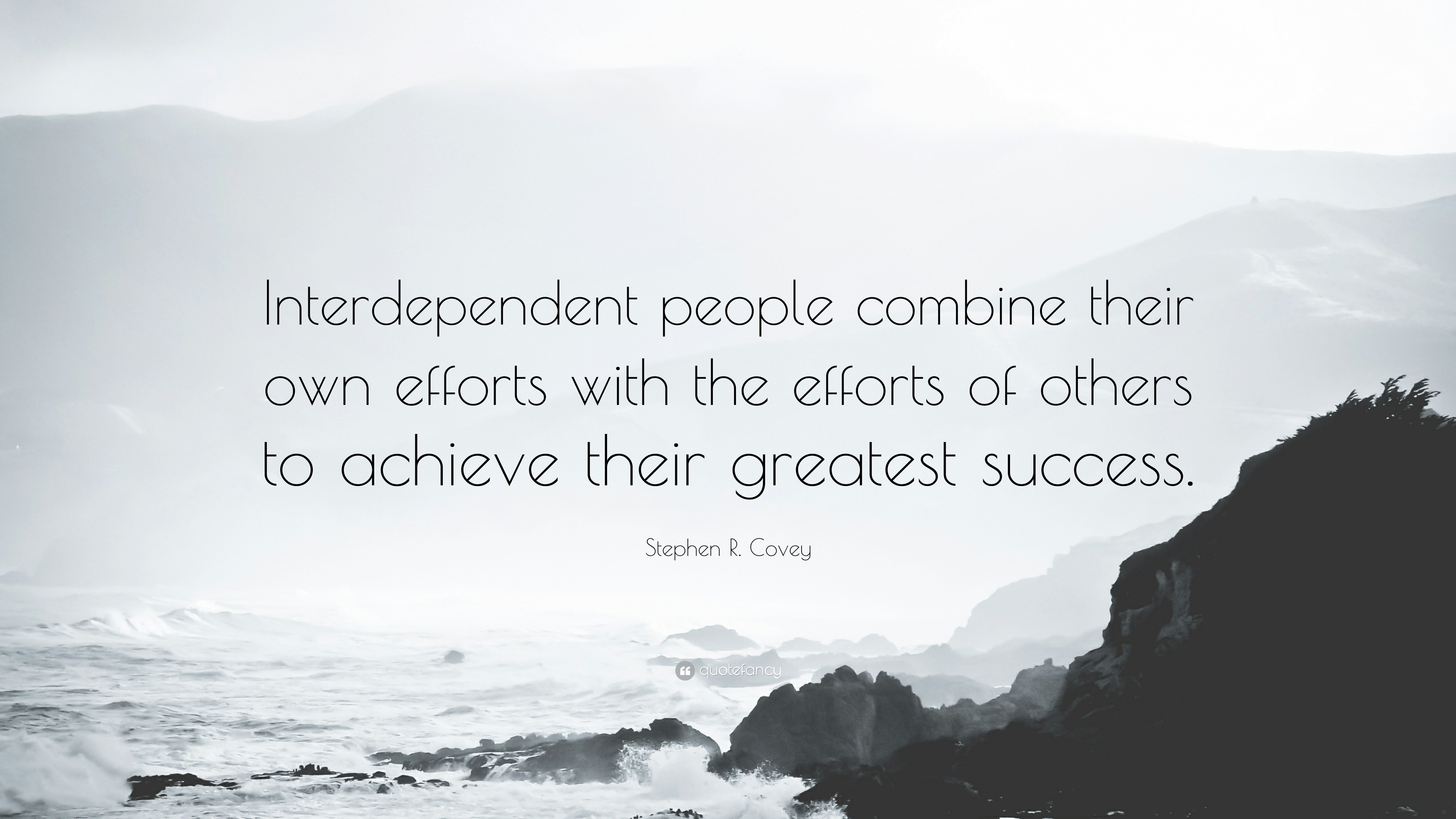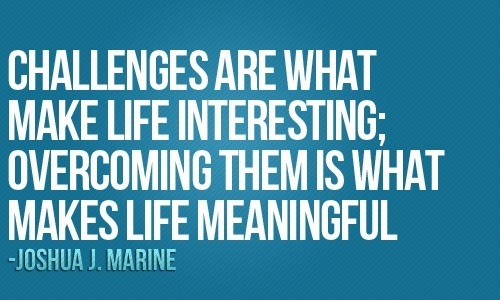I have been married for 2 and half years now, and to some this may not seem like a long time, but 2 and a half years has gone by really quickly. During the first few months, I would always say to myself that I am going to write a book about marriage. Everything that I had known or thought I knew was challenged at every angle. My biggest challenge, was my understanding of myself. I perceived myself as quite independent, patient and easy-going but marriage challenged all of those characteristics!
After the wedding, we spent a week abroad and then as it was the summer holidays, we got to spend a few weeks together. So when we got back to reality, I found it hard to adjust. I went from being independent to used to being dependent upon someone else to do life. I had got so used to depending on him, I forgot about the things I had going on in my own life.

For the past couple of years, I have had to learn about what independence looks like in marriage - how it is important to invest yourself as well as your relationship. When two people come together to form a relationship, it is important that they are both bringing something to the relationship. For example, if I don't love myself, how can I bring love into the relationship? Instead I will be depending on my partner for love which will then result in an unhealthy relationship.
I know I have cited this book before, but the 7 Habits of Highly Effective People has really given me a better understanding of this. In it, Stephen Covey mentions the importance of interdependence and that it is when 'people combine their own efforts with the effects of others to achieve their great successes.' In the book, he later poses the question, 'How can you give what you don't possess?' I realised that as I had stopped investing in myself, I had stopped bringing to the relationship and had started to depend on my husband a lot more.
has really given me a better understanding of this. In it, Stephen Covey mentions the importance of interdependence and that it is when 'people combine their own efforts with the effects of others to achieve their great successes.' In the book, he later poses the question, 'How can you give what you don't possess?' I realised that as I had stopped investing in myself, I had stopped bringing to the relationship and had started to depend on my husband a lot more.

When we enter into any relationship, we have to ensure that we are bringing our own efforts to it. I am not necessarily letting go of my husband, but I am making sure that I am investing in myself as well as our relationship. I am making sure that I am more independent, as Covey stated, 'Interdependence is a choice only independent people can make.'
Proverbs 31 outlines what a virtuous woman is. It mentions characteristics such as comforting and encouraging others, expanding businesses, gives to those in need and speaks wisdom. At the end of the chapter we learn that this woman is married and has children but at no point does it say that she depends on her family. In fact, I imagine that this independent woman has been able to create and promote
interdependent
relationships within her family. This chapter found near the middle of the Bible, was written during a time of gender bias - When women were widely seen as less than and depended on society to survive. In the middle of all of this, we learn of a woman who didn't need or require others to survive but thrived in her independence.
So the question is how are you investing in yourself? What can you bring to your relationships? Are you independent?
 I hate endings. I mean some things that ended, I was ecstatic about. Like when I got to the end of my degree and when I got to the end of my car payments - I couldn't have been happier! (Well, I could have, but you get my gist). But some endings always feel awkward for me. Like when you leave a job - I always find goodbyes difficult. Or the end of a holiday - I'm guessing nobody loves the end of a holiday. Some endings are easier than others. But regardless of the type of ending we face and whether or not it was unexpected, the ending of something signifies the beginning of something.
I hate endings. I mean some things that ended, I was ecstatic about. Like when I got to the end of my degree and when I got to the end of my car payments - I couldn't have been happier! (Well, I could have, but you get my gist). But some endings always feel awkward for me. Like when you leave a job - I always find goodbyes difficult. Or the end of a holiday - I'm guessing nobody loves the end of a holiday. Some endings are easier than others. But regardless of the type of ending we face and whether or not it was unexpected, the ending of something signifies the beginning of something.
This is true with all things. The end of Winter signifies the beginning of Spring. The end of primary school signifies the beginning of secondary school. When one door closes, another one opens. This blog is more about the endings we don't like or even didn't see coming. It's easy for us to get caught up in the ending of a thing and not see the opportunity it brings.
Lao Tzu describes this well with the quote, 'New
beginnings are often disguised as painful endings.'
When I started uni, I had all of these hopes and dreams. I was going to study Psychology and become a Psychologist. Before this point, I had already experienced painful endings. One being not being able to attend the universities I had chosen. Devastated, but not crushed, I proceeded to study the subject of my dreams in a different location - embracing the new beginning that had been thrown my way. At the end of university, I had achieved the grade I needed and looked into starting my career as a Psychologist through further education. However I couldn't start the course of my choice because of lack of experience. Once again, I was devastated. I felt like that was the end. What was I going to do?

This is why think the end of something indicates the beginning of something. If it isn't a natural transition that takes us to our new beginning, it is our abrupt endings that will propel. These endings challenge us and force us to think about our next step and if we choose well, our beginnings will take us to somewhere we had never imagined. How many stories have you heard about people who's job ends suddenly, but then they start something great? If you are looking around you now all you see are endings, look forward to the beginnings.
For the past few years, I have danced around different exercise regimes, trying to keep fit. I have been able to establish good workout routines only to find myself become a couch potato again. For some of us, exercising can be the bane of our lives for others of us, it is the highlight of our day. What causes the difference?
A few years ago when I tried to establish a home workout routine, I purchased a 8kg kettlebell. I have been using this kettlebell for years and not thinking anything of it. I would hear about people lifting 10 or 20 kg and wonder how that was even possible. Then a few weeks ago, I went to the gym (my workout routine has changed again!) and found that my usual weights had disappeared. The next available weight was 16kg so I thought I would have a try. Can't say it was easy completing kettle bell swings with those but it was possible. Looking back, when I was using the 8kg kettle bell, I was using it with ease. There was no challenge and this was probably why my routines have not been consistent. If we are not challenged, we get bored, we plateau and grow stagnant.
We have to be intentional about
identifying how we can develop ourselves further. Whether it be physically, mentally or spiritually, we need to be making sure that we are investing in our growth and development. If not, we will soon find ourselves bored with life, picking up and putting down things we enjoy because we are not challenging ourselves.
In his book, 7 Habits of Highly Effective People , Stephen Covey outlines the importance of being proactive. He points out that proactive people work on the things that they have control over. If we have control over something, we need to take responsibility for it.
, Stephen Covey outlines the importance of being proactive. He points out that proactive people work on the things that they have control over. If we have control over something, we need to take responsibility for it.

What's important about the challenges that we give ourselves, is that we put plans in place to achieve them. Imagine me one day lifting 8kg and the next day attempting to lift 50kg. 50kg! It's not bad to have that level of a challenge, but I would need to put plans in place to achieve lifting 50kg. We can live big by being intentional about the challenges that we embrace. Not only will we grow, but our lives become bigger in the process. Challenge yourself and live big.







